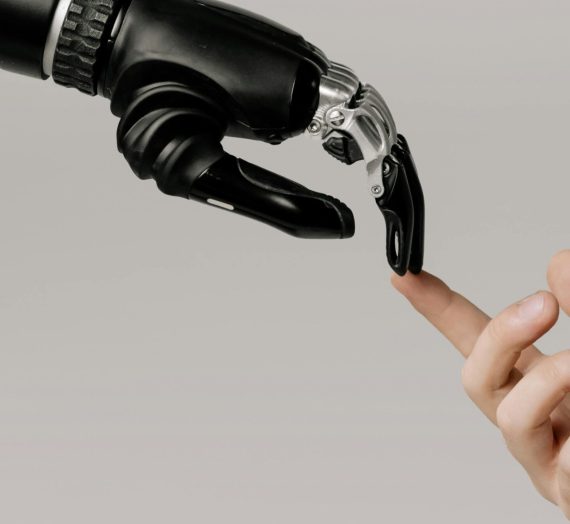Peer editing is a common part of the curriculum for writing students, but does it actually teach the students anything? Studies say yes.
If you’ve taken a writing class, especially at the university level, you’re probably familiar with the concept of peer editing. You and a classmate swap pieces and edit one another’s work. Peer editing happens all the time, but does it actually help? Does peer editing improve students’ writing skills? Does it boost their editing skills? According to Jessica Holt, a professor at the University of Georgia, the answer seems to be yes.
THE RESEARCH
In Holt’s article “Grade-Accountable Peer Editing: Students’ Perceptions of Peer-Editing Assignments,” she describes research on how university-level communications students perceive the peer-editing process. In the study, students in two communications classes were given several peer-editing assignments throughout the semester.
At the conclusion of the semester, the students participated in focus groups to discuss their perceptions about the peer-editing process. Holt discovered that the students overwhelmingly perceived peer editing to be helpful but unpleasant and that many students didn’t believe peer-editing skills would be relevant after entering the workforce. One student stated, “I think that peer editing can be good, but in all honesty, I would rather have a teacher edit my paper or like my boss or whoever the end-all, be-all person is.”
“Peer review has been shown to promote the recognition of good practice as well as critical and constructive collaborative dialogue.”
—Jennifer brill and charles hodges (2011)
THE IMPLICATIONS
Though university students in writing-heavy disciplines may believe that peer reviewing is just a classroom tactic, peer review can be much more than that. Holt’s and others’ research shows that learning to effectively edit peers’ work can help individuals improve their ability to edit, including in the workplace. For example, Jennifer Brill and Charles Hodges noted in the article “Investigating Peer Review as an Intentional Learning Strategy to Foster Collaborative Knowledge-Building in Students of Instructional Design” that “peer review has been shown to promote the recognition of good practice as well as critical and constructive collaborative dialogue.” Peer review is also a great way to sharpen writing and communication skills. Giving feedback and receiving feedback are skills that all writers and editors can benefit from and, like other skills, require practice to develop. One way to practice is through peer review.
To learn more about the benefits of peer editing, read the full article:
Holt, Jessica. (2019). “Grade-Accountable Peer Editing: Students’ Perceptions of Peer-Editing Assignments.” Journalism & Mass Communication Educator 74 (1): 31–43. https://doi.org/10.1177/1077695818764959.
—Erin Johnston, Editing Research
FEATURE IMAGE BY IVAN SAMKOV
Find more research
Read Pantelis Papadopoulos, Thomas Lagkas, and Stavros Demitriadis’s (2012) article on different methods to make peer reviewing as effective as possible: “How to Improve the Peer Review Method: Free-Selection vs. Assigned-Pair Protocol Evaluated in a Computer Networking Course.” Computers & Education 59 (2): 182–95. https://doi.org/10.1016/j.compedu.2012.01.005.
Check out Lloyd Rieber’s article on how peer editing can help students in business disciplines: Rieber, Lloyd J. (2012). “Using Peer Review to Improve Student Writing in Business Courses.” Journal of Education for Business 81 (6): 322–26. https://doi.org/10.3200/JOEB.81.6.322-326.





Erin Johnston
Had so much fun doing this research.
Aaron
As someone who hasn’t always enjoyed the peer-editing process, I liked being able to see how it would be relevant to life outside of the classroom. Writing doesn’t end when we graduate, so it makes sense that peer editing wouldn’t end either.
Myla Parke
I definitely agree! We can all benefit from each other’s perspectives, no matter how experienced we are.
Peer Editing to the Rescue! - Editing Research
[…] Take a look at Erin Johnston’s Editing Research article for more information on peer editing: “The Truth about Peer Editing.” […]